Learning that you or your loved one has OMS can be very troubling. We know. We’ve been there. To properly fight OMS, you need to prepare for a long fight. This is a marathon you are running, not a sprint. Begin with educating yourself about OMS. Search websites, Facebook forums, read research publications, and learn about OMS. We have listed many good resources for you.
To begin, read this NORD article from Dr. Micheal Pranzatelli. Dr. Pranzatelli recently retired, but he had seen more OMS patients than any other doctor. His article is an excellent overview of OMS and how to tackle the disease. You can find the article at https://rarediseases.org/rare-diseases/opsoclonus-myoclonus-syndrome/
OMS is a pediatric autoimmune disease typically impairing toddlers around the age of 18 months. It tends to afflict females a bit more than males as shown on the graph.
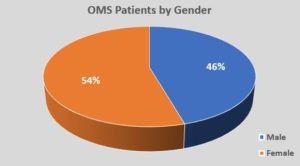
The trend to accurately diagnose OMS the first time has increased greatly over the years as shown on the graph. Now patients have a high likelihood of the proper initial diagnosis. While it was not uncommon for proper diagnosis to take weeks of months, now OMS can typically be properly diagnosed in a matter of hours or days.
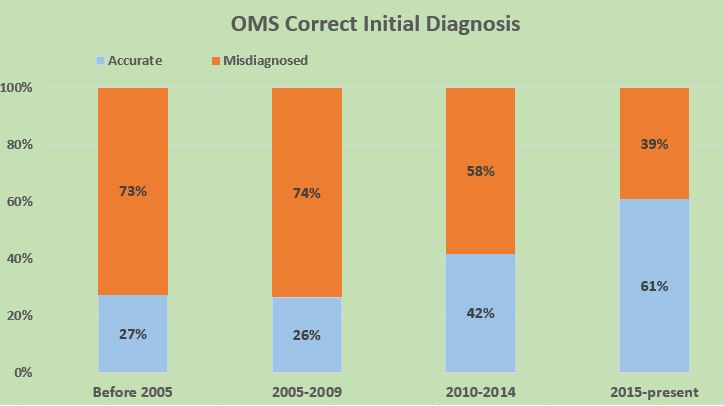
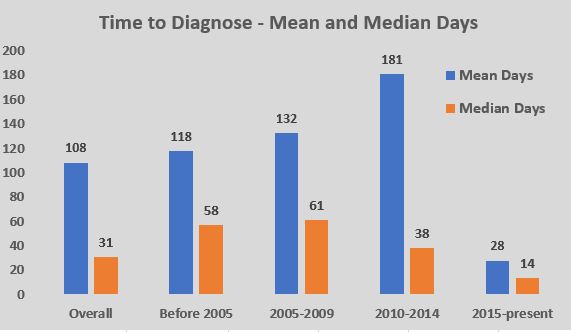
Typically, one of the first tests administered by an OMS specialist is the Mitchell-Pike OMS Rating Scale. This test measures six categories on a scale of 0 (normal) to 3 (severe). the six categories include speech, gait, stance, arm/hand function, opsoclonus, and mood/behavior. You can find the test here: OMS Rating Scales
Your OMS specialist will typically administer speech therapy, physical therapy, and occupational therapy for your child. Many doctors may also administer behavior therapy. In the United States, there are many public sources to fund this including Early Childhood Education (before age 3) and public schools (after age 3), as well as private insurance options.
As you can see from the charts, in our OMS Patient Reported Registry, most patients utilized speech therapy, physical therapy, and occupational therapy and saw the results as being beneficial. While not as many patients used behavioral therapies, the benefits were also very positive.
Updated 1/24/2018
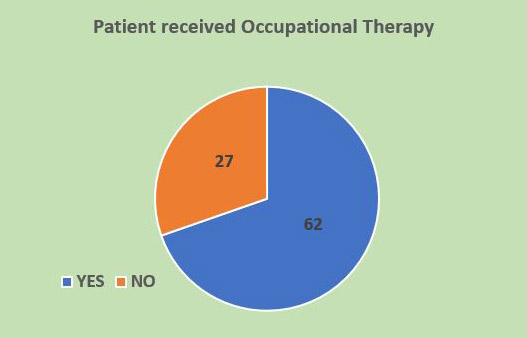
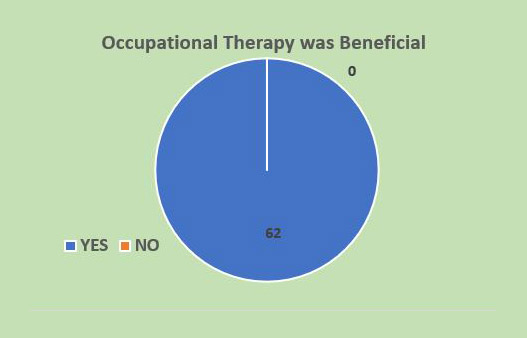
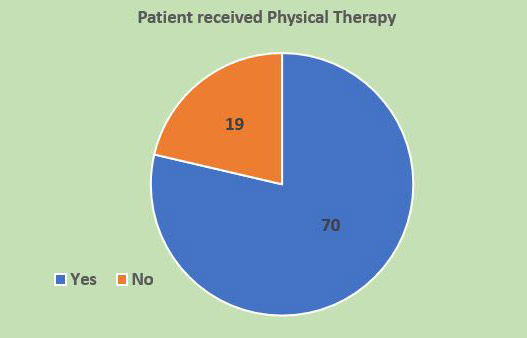
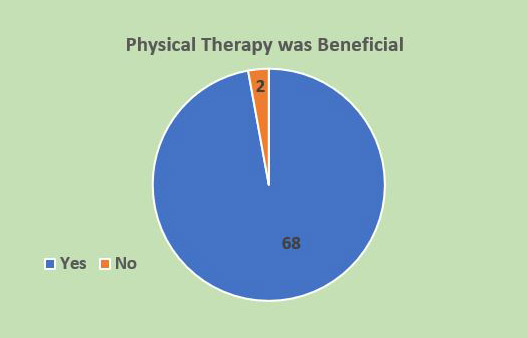
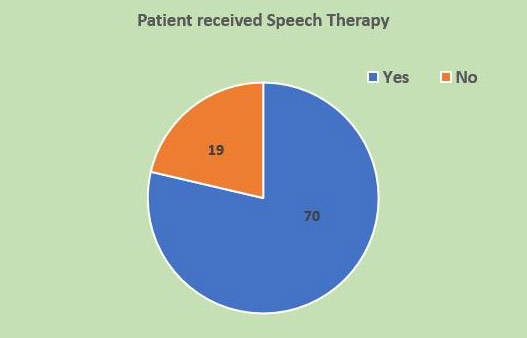
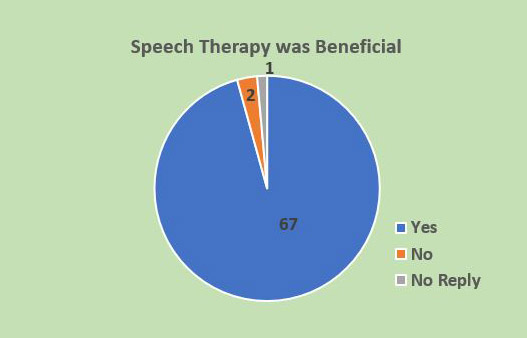

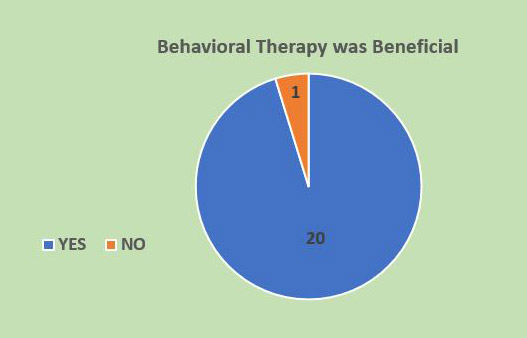
Yes. While OMS primarily afflicts young children, there are cases of adults acquiring the disease. Of the 900+ cases that our foundation knows about, fewer than 25 are adult onset cases – about 3%.
Transitioning from a rare pediatric disease to adult care is very difficult. Many doctors are not prepared to address the complexities of OMS. So many adults endure additional tests just to create a new baseline.
Your best bet is to work closely with your pediatric doctors and develop a transition plan with your new doctors. Learn more at http://gottransition.org/.
